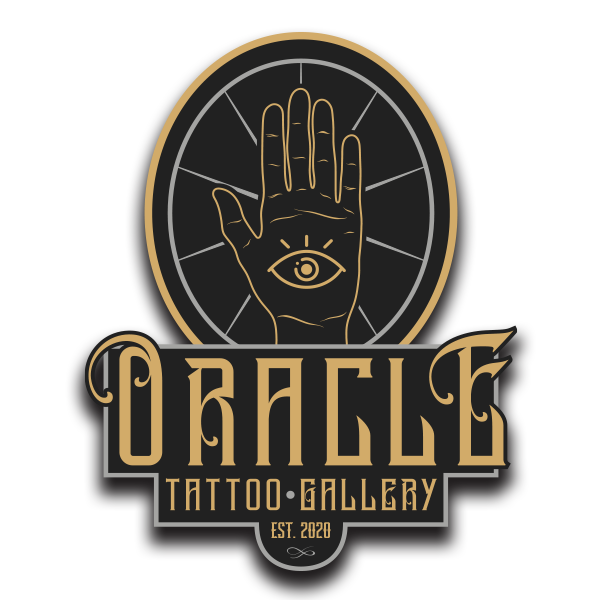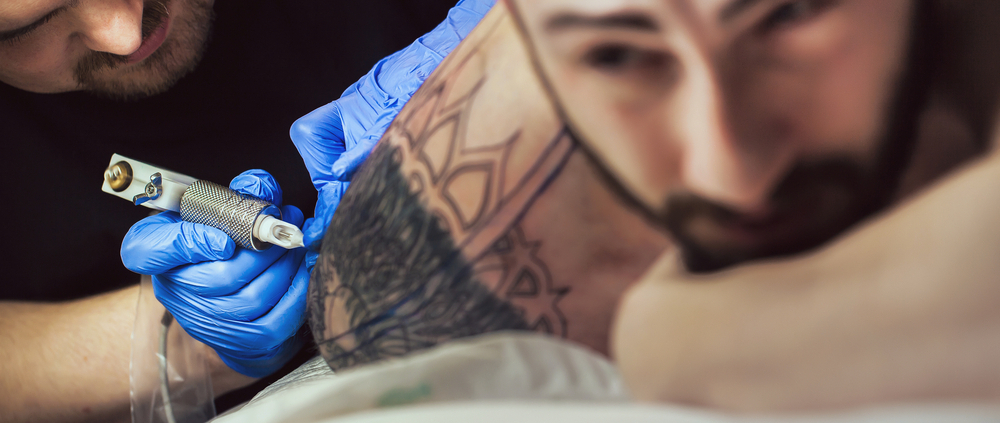What Are The Signs That I’m Having A Bad Reaction To The Tattoo?
Tattoos are a fantastic way to express yourself, but a small proportion of people can suffer from an allergic reaction. The ink is the primary source of allergies. Here are a few ways to tell if you are having a bad reaction to the tattoo.
Can You Have A Bad Reaction To A Tattoo?
Unfortunately, some individuals will experience unpleasant side effects from the tattooing process. The ink can trigger an immune response or flare up an existing skin condition. Some tattoos that are exposed to light can become irritated. A bad reaction to a tattoo is rare, but it comes with serious health consequences. In some cases, the reaction will start to develop in about 48 hours. A few people have noticed symptoms about a week after sitting down for a tattooing session. It can be easy to brush off an allergic reaction as part of the healing process. While allergic reactions are rare, you want to determine whether that irritated skin is normal or not.
Some signs of a tattoo allergy include red and itchy skin. There might be a rash on the tattoo. In many situations, the skin will be red with swelling. Blisters can develop, causing more irritation and itchiness. After the session, your skin will be irritated, but it should not have any swelling or rashes. If those signs are present, you might have a bad reaction to the tattoo.
You want to take immediate action if you are experiencing an allergic reaction. In fact, you should speak to your doctor. Your tattoo artist can even help in this situation by providing more information about the ingredients in the ink. With that, you can determine if you are allergic to the ink or something else.
Ink Colors Can Cause An Allergic Reaction
Allergic reactions are often the result of an ingredient in the ink. Particular colors can affect people in different ways. An allergy to red ink is common. Many red tattoos will use ink with iodine in them. Some people are allergic to iodine, and they will experience swelling or get a rash on the skin. Yellow ink is another culprit for allergies. When someone with sensitive skin is tattooed with yellow ink, it can increase their sensitivity to sunlight. If you want to prevent a bad reaction, make sure to keep that tattoo covered and protected from any UV rays. Over time, that yellow ink sensitivity will decrease.
Black tattoo ink is fairly common. Unfortunately, some individuals have an allergic reaction to these carbon-based pigments. As the ink breaks down over time, you could experience a bad reaction on your skin. Like the other ink colors, blue ink uses mineral-based ingredients. Aluminum, silicate, azurite, and sodium can cause an allergic reaction to the skin. If your tattoo contains blue, you will want to watch out for any adverse effects.
Those are not the only colors that can cause allergies. Almost every color has the possibility of causing an allergic reaction. Depending on the ingredients, these colors could trigger a bad response in some individuals. If you are concerned about an adverse reaction to the ink, make sure to talk to your tattoo artist. Most artists will have a list of ingredients used in the ink. With that list in hand, reach out to a dermatologist to see whether your skin might experience a bad reaction to a tattoo.
Many Philadelphia tattoo shops will offer to place a small amount of ink behind your ear. If you react to the ink, you might have to choose another color. Patch testing can help you determine whether or not you will have an allergic reaction. However, you should wait at least a week before getting tattooed. In some cases, those allergic reactions will not immediately appear on your skin. After completing this test, you should not react to the ink. If you experience any skin irritation, you might want to make sure that you don’t have an infection. Always reach out to your doctor and artist about any adverse reactions.
What To Do If You Think You’re Having An Allergic Reaction
If you think you are experiencing some sensitivity, always talk to your dermatologist to get an immediate diagnosis. You can help out your doctor by looking up the type of ink used on your skin. All of that information can be found on the ink manufacturer’s Material Safety Data Sheet. These sheets are an excellent place to start if you have red, swelling, or itchy skin.
All ink manufacturers must issue these safety data sheets if they use chemical compounds in the product. If the chemical can be hazardous to your health, the list will note all of that information on the product. In the sheet, you will have all of the data about the chemicals, along with precautions for storage, transportation, and safe handling. If you think you could have a tattoo ink allergy, you want to familiarize yourself with all the listed ingredients. Ask your tattoo artist for help. They will have these lists on hand so that you know what is used in the ink.
After familiarizing yourself with the ingredients, you can get a diagnosis. Don’t ever wait to go to the doctor. Prolonging medical treatment can cause scarring and other issues for your skin. Plus, you will just feel uncomfortable. With medical help, you can get a prescription that will relieve those symptoms of a bad reaction.
Bad Reactions To Tattoos Are Not Common
Fortunately, bad reactions to tattoos are rare. However, always reach out to your medical doctor and tattoo artist for advice. They can determine what caused the reaction and find ways to get some relief.
Searching for local tattoo shops near me? Oracle Tattoo Gallery can help you find the right design and ink colors for your next tattoo. Plus, our artists will be happy to talk to you about the ink used in our shop. You can schedule a consultation by calling the shop at 215-638-1601.




